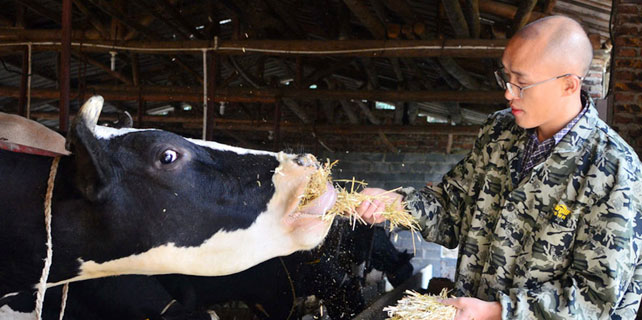US: No change in China policy




Jeffrey Bader, a senior fellow at the John L. Thornton China Center of the Brookings Institution and a former Obama administration official, described Trump's phone call as heightening concerns about his foreign policy deftness.
"There are serious risks posed by his failure to take briefings by government professionals, and he appears to have little respect for the potential damage of actions taken without understanding long-standing US national security concerns," Bader wrote on the Brookings website.
"It has always been understood that direct conversations would cross a line not worth challenging," he said.
Bader explained that the US government does not suddenly, without preparation or reflection, change essential features in a framework that has served US interests, those of Taiwan and those of the US-China relationship. "And most importantly, that has kept the peace in the region," he said.
Ruan Zongze, vice-president of the China Institute of International Studies, said there is no need to over-interpret Trump's tweets. "We should still wait and see whether they will turn (that) into policies after Jan 20, when he is sworn in."
Shi Yinhong, a professor of international relations at Renmin University of China, said: "We hope China-US relations will remain stable during Trump's term. However, we should be mentally prepared for one thing, that is the huge impact on bilateral trade and economic ties possibly brought by Trump's administration."
- Some lessons in diplomacy would benefit Trump
- Wait-and-see approach urged on ties after Trump's Twitter remarks
- No need to over-interpret Trump's phone call with Tsai
- Trump talk with Tsai sparks row
- Top think tank head untroubled by Trump
- China lodges complaint to US over Trump's call with Taiwan leader


















